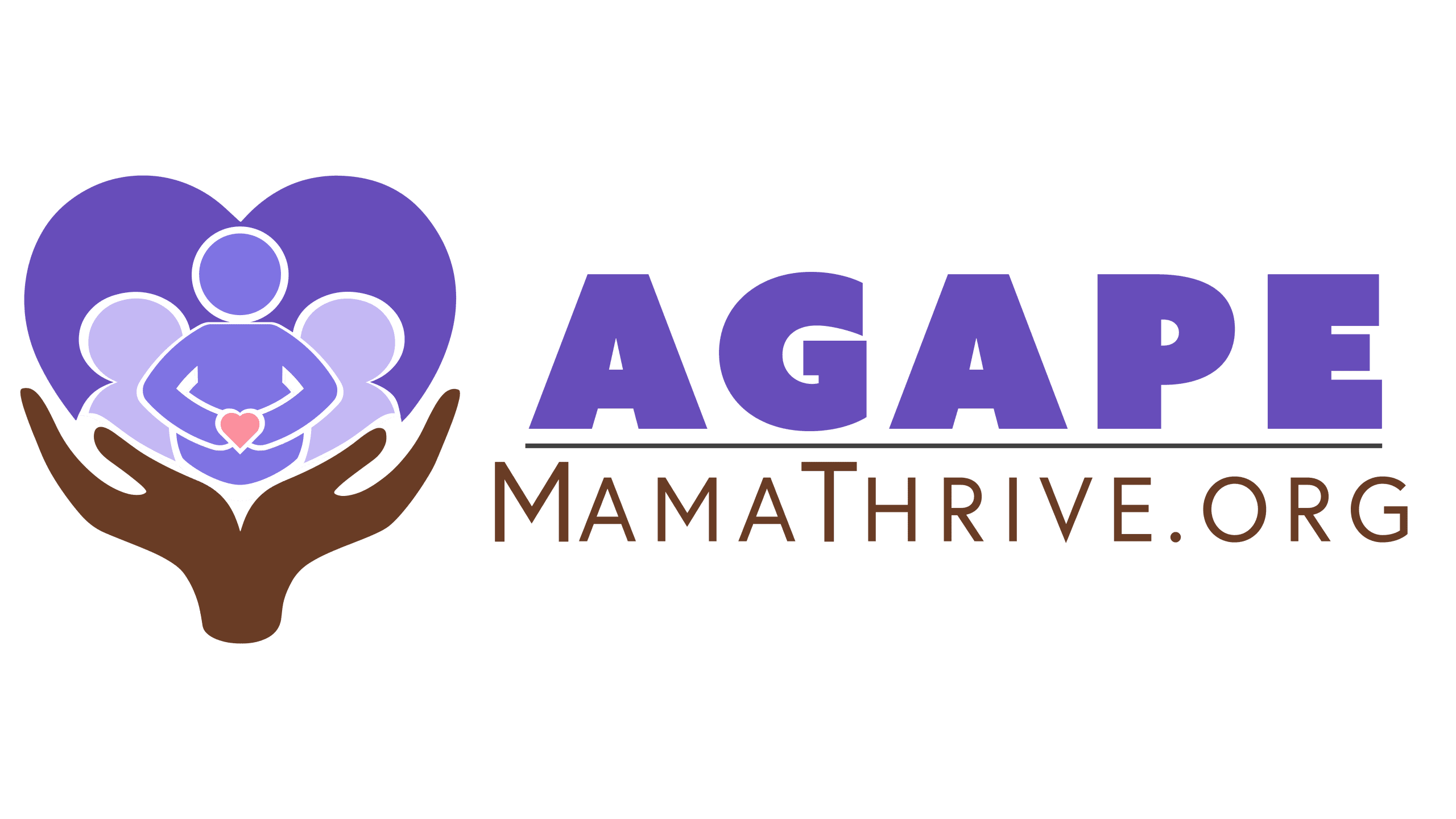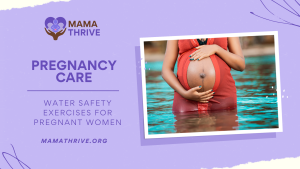Good nutrition during pregnancy is vital for the mother and the developing fetus. A well-balanced diet during pregnancy can help provide the necessary nutrients for fetal growth and development and support the mother’s increased energy needs. As an expecting mother, it’s crucial to eat a well-balanced diet that provides adequate nutrients for yourself and your developing baby.
Nutrition refers to the process by which the body takes in and uses food to grow, maintain, and repair its tissues. Good nutrition is essential for maintaining overall health and well-being, providing the body with the necessary nutrients and energy to carry out its daily functions.
A balanced diet provides all of the essential nutrition needed for good health. These essential nutrients include vitamins, minerals, protein, carbohydrates, and healthy fats. A balanced diet should also provide adequate energy to meet an individual’s needs. The specific balance of nutrients a person requires will depend on their age, gender, weight, and activity level, among other factors. It’s important to eat a variety of foods to ensure that you get all the essential nutrients your body needs.
Expectant mothers have different nutrition requirements compared to non-pregnant women. During pregnancy, the body’s nutrient needs increase to support the growth and development of the fetus. Good nutrition during pregnancy helps provide the necessary nutrients for fetal growth and development and supports the mother’s increased energy needs.
So here are 8 tips for a healthy diet an expecting mother should take during pregnancy:
- Eat a variety of foods
Consume a balanced diet that includes a variety of foods from all food groups, including fruits, vegetables, whole grains, lean proteins, and low-fat dairy.
Consuming a balanced diet that includes a variety of foods from all food groups is important for good health. Fruits and vegetables provide important nutrition, such as vitamins and minerals, while whole grains provide carbohydrates and fiber. Lean proteins, such as poultry, fish, and beans, are important for the growth and repair of tissues, and low-fat dairy provides calcium for strong bones. It’s important to eat various foods from each food group to ensure that you get all the essential nutrients your body needs.
It’s important to note that the specific balance of nutrition an individual needs will vary depending on their age, gender, weight, and activity level, among other factors. A registered dietitian or healthcare provider can provide personalized recommendations based on an individual’s specific needs.
- Get enough calcium
Calcium is vital for the growth and development of the baby’s bones and teeth. Aim for at least 1000 mg of calcium per day.
During pregnancy, the baby’s calcium needs are high, as the mineral is used to form the fetus’s bones and teeth. Expectant mothers need to get enough calcium to meet both their own needs and the needs of the developing fetus. Calcium is also important for the expectant mother’s health, as it helps maintain strong bones and prevent the development of conditions such as osteoporosis. Proper nutrition of calcium is a non-negotiable when carrying a baby.
Good sources of calcium include dairy products, such as milk, yogurt, and cheese, as well as calcium-fortified foods, such as orange juice and certain types of tofu. It’s always best to consult with a healthcare provider for personalized recommendations.
- Increase iron intake
During pregnancy, the body needs more iron to produce more blood to supply oxygen to the fetus. Good iron sources include red meat, poultry, fish, beans, and fortified cereals. This nutrition recommendation should still be consulted with your doctor.
As the fetus grows, its demand for oxygen increases, and the expectant mother’s body needs to produce more blood to meet this demand. The mother’s body needs more iron to create this additional blood. Iron is also important for the growth and development of the fetus’s brain and nervous system. Good sources of iron include red meat, poultry, fish, beans, lentils, and fortified cereals. The recommended daily intake of iron during pregnancy is 27 milligrams per day.
- Eat enough protein
Protein is essential for the growth and repair of the baby’s tissues. Good protein sources include meat, poultry, fish, eggs, dairy products, beans, and nuts.
Protein is also crucial for the development of the fetus’s organs and muscles. During pregnancy, the expectant mother’s body needs more protein to support the growth and development of the fetus. The recommended daily protein intake during pregnancy is at least 71 grams per day.
It’s important to include a variety of protein sources in the diet to ensure that the body is getting all of the essential amino acids it needs. Good protein sources include poultry, fish, beans, lentils, nuts, and dairy products.
Meats, poultry, and fish are considered high-quality protein sources, as they contain all the essential amino acids the body needs. Eggs and dairy products are also high-quality protein sources. Beans and nuts are considered lower-quality protein sources, as they typically lack one or more of the essential amino acids. However, by combining different plant-based protein sources, such as beans and grains, the body can obtain all of the essential amino acids it needs.
- Incorporate omega-3 fatty acids
Omega-3 fatty acids are important for brain and eye development in the fetus. Good sources include fatty fish, such as salmon and flaxseeds. These essential fatty acids play a crucial role in the growth and development of the fetus’s brain, nervous system, and eyes. The expectant mother’s body needs more of these fatty acids during pregnancy to support the growth and development of the fetus.
Good sources of omega-3 fatty acids include fatty fish, such as salmon, mackerel, and sardines, as well as flaxseed, chia seeds, and walnuts. The recommended daily intake of omega-3 fatty acids during pregnancy is at least 200 milligrams of EPA and DHA per day. However, it’s always best to consult with a healthcare provider for personalized recommendations, as the specific amount of omega-3 fatty acids an individual needs will depend on their age, weight, and overall health. Additionally, it’s important to note that some types of fish can contain high mercury levels, which can harm the developing fetus. Expectant mothers should limit their intake of certain types of fish and choose low-mercury options, such as salmon and light canned tuna, to meet their omega-3 needs during pregnancy.
- Limit caffeine and sugar
Caffeine and added sugars should be limited during pregnancy. Excessive caffeine can lead to decreased fetal growth, while added sugars can lead to weight gain.
Caffeine and added sugars should be limited during pregnancy. Caffeine is a stimulant that can cross the placenta and affect the developing fetus. High amounts of caffeine during pregnancy have been linked to a higher risk of miscarriage, low birth weight, and developmental problems in the fetus. The American College of Obstetricians and Gynecologists recommends that expectant mothers limit their caffeine intake to less than 200 milligrams per day, which is equivalent to a 12-ounce cup of coffee.
On the other hand, added sugars provide empty calories and can contribute to weight gain, which is a concern during pregnancy. Excessive weight gain during pregnancy can increase the risk of gestational diabetes, high blood pressure, and other pregnancy-related complications. Additionally, a diet high in added sugars can increase the risk of developing dental problems and can negatively impact overall health. Expectant mothers should limit their intake of added sugars and choose naturally sweet foods, such as fruit, to meet their sweet tooth cravings.
- Stay hydrated
Drink plenty of water to help keep yourself hydrated and avoid dehydration. Dehydration during pregnancy can lead to a number of health problems, including headaches, fatigue, and constipation. Additionally, staying hydrated is essential for maintaining a healthy pregnancy, as it helps support the growth and development of the fetus and the expectant mother’s overall health and well-being.
The recommended daily water intake for expectant mothers is at least 8 to 10 cups per day, although this may vary based on individual needs and activity levels. Expectant mothers can also get hydration from other sources, such as water-rich fruits and vegetables like watermelon, cucumber, and strawberries.
- Avoid certain foods
Some foods should be avoided during pregnancy, such as raw or undercooked meat, fish with high levels of mercury, and certain types of cheese. Always talk to your doctor about specific dietary restrictions.
During pregnancy, it’s important to avoid certain foods that can increase the risk of foodborne illness or harm the developing fetus. Some of the foods that should be avoided during pregnancy include:
- Raw or undercooked meat, poultry, and fish: These can be contaminated with bacteria or parasites that can cause foodborne illnesses, such as salmonella or listeria, which can be harmful to the developing fetus. Expectant mothers should cook meat, poultry, and fish to safe internal temperatures to kill harmful bacteria.
- Fish with high levels of mercury: Some types of fish, such as swordfish, tilefish, shark, and king mackerel, contain high levels of mercury, which can harm the developing nervous system of the fetus. Expectant mothers should limit their consumption of these fish and choose alternatives, such as salmon, tilapia, and canned light tuna, which have lower levels of mercury.
- Certain types of cheese: Some types of cheese, such as blue cheese, feta, brie, and camembert, can be contaminated with listeria, a type of bacteria that can cause foodborne illness. Expectant mothers should avoid these cheeses or ensure they are cooked to a safe internal temperature to kill harmful bacteria.
It’s always best to consult with a healthcare provider for personalized recommendations. The specific foods an individual should avoid during pregnancy depend on their health status, risk factors, and other considerations.
Conclusion
It’s important to note that every pregnancy may have unique nutritional needs, so it’s always best to consult with a healthcare provider for personalized recommendations. Every pregnancy is different, and the dietary needs of a pregnant mother will depend on some factors, including age, health status, weight, and lifestyle. Some expectant mothers may have notable nutritional deficiencies due to medical conditions, such as gestational diabetes, while others may have unique dietary requirements due to cultural or personal preferences.
By following a balanced, nutritious diet during pregnancy, expectant mothers can help ensure that their developing fetus has the necessary nutrients for growth and development and support their health and well-being throughout pregnancy. That’s why expectant mothers need to work with a healthcare provider to develop a personalized nutrition plan that meets their needs and supports a healthy pregnancy. This may include recommendations for specific vitamins, minerals, and other nutrients and guidance on portion sizes and healthy food choices.
Mama Thrive has partner nutritionists and dietecians that can help you have holistic nutrition for you and your baby.





